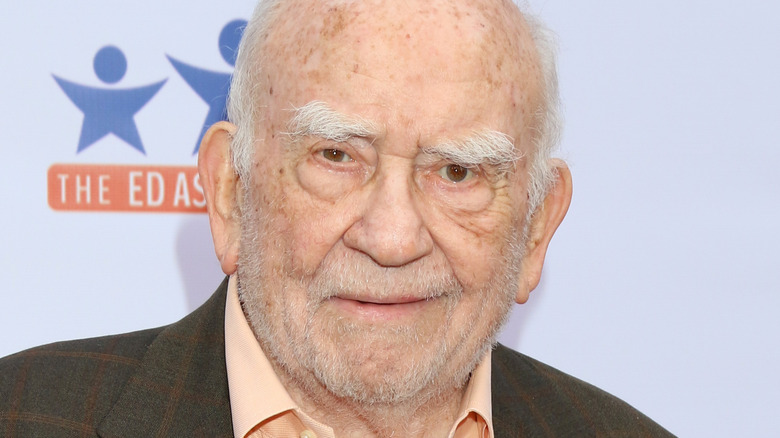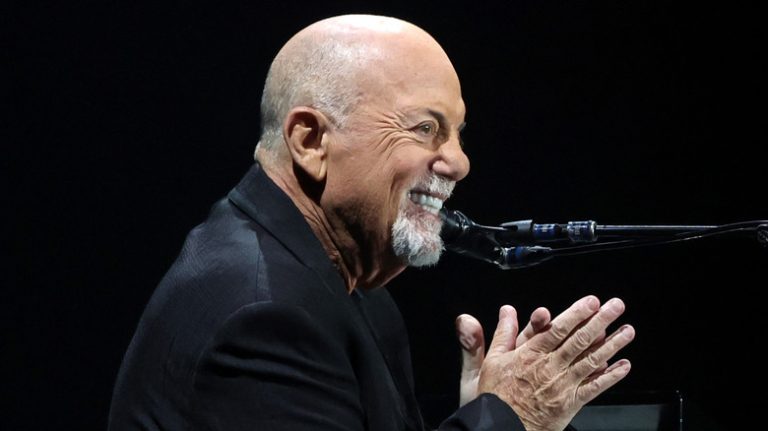
Ed Asner, best known for his portrayal of Lou Grant on “The Mary Tyler Moore Show,” passed away on Sunday, August 29, 2021 (via The Hollywood Reporter). According to his publicist, Asner died of natural causes, surrounded by family members. His family shared the news on his Twitter account, stating, “We are heartbroken to announce that our beloved patriarch passed away peacefully this morning. Words cannot express the depth of our sadness. With a kiss on your head – Goodnight, dad. We love you.”
After serving in the U.S. Army’s Signal Corps during the 1950s, Asner ventured through various acting roles before achieving fame as the gruff yet endearing newsman Lou Grant on “The Mary Tyler Moore Show.” Following the show’s conclusion, he reprised his role in the drama spin-off “Lou Grant” (via CNN). Throughout his career, the actor earned seven Emmy Awards, with five stemming from his portrayal of Lou Grant. He also received accolades for his performances in “Rich Man, Poor Man” in 1976 and “Roots” in 1977.
Among Asner’s other significant roles are his portrayal of Santa Claus in the film “Elf,” starring alongside Will Ferrell, and as the voice of Carl Fredricksen, the grumpy but compassionate widower in Disney’s “Up.”
What does it mean to die from natural causes?

Ed Asner’s death was attributed to natural causes, a frequent cause of death, particularly among the elderly. As reported by CNN, when a death certificate indicates a death as “natural,” it essentially rules out the involvement of external factors. This means the individual did not end their own life nor were they killed by someone else or in an incident such as a car accident or drug overdose.
Certain illnesses are classified under “natural causes” due to their prevalence among older adults. These include heart disease, cancer, and Alzheimer’s. Despite a death being labeled as natural, the death certificate will “almost always provide additional details regarding how the body failed.” Similar to a judge in court, a doctor will evaluate all contributing factors to a person’s death. These underlying causes are not always synonymous with the manner of death. For instance, if an individual dies from a heart attack, their immediate cause of death might be a tear in the heart wall that occurred shortly before their death. However, the heart attack itself could have been precipitated by chronic heart disease over months or years. By these standards, most deaths globally are considered natural.




